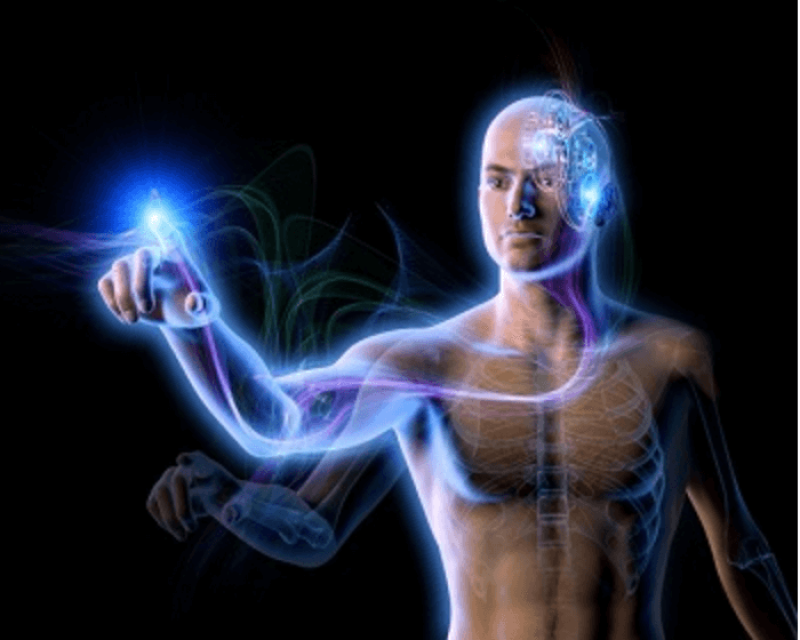Americans aren’t very enthusiastic about using science to enhance the human species. Instead, many find it rather creepy.
A new survey by the Pew Research Center shows a profound distrust of scientists, a suspicion about claims of progress and a real discomfort with the idea of meddling with human abilities. The survey also opens a window into the public’s views on what it means to be a human being and what values are important.
Pew asked about three techniques that might emerge in the future but that are not even close to ready now: using gene editing to protect babies from disease, implanting chips in the brain to improve people’s ability to think, and transfusing synthetic blood that would enhance performance by increasing speed, strength and endurance.
The public was not enthusiastic on all counts, even about protecting babies from disease.
Two-thirds say they would not want the enhancement technologies for themselves.
Religiosity affected attitudes on these issues…
The GLP aggregated and excerpted this blog/article to reflect the diversity of news, opinion and analysis. Read full, original post: Building a Better Human With Science? The Public Says, No Thanks































